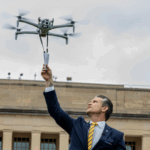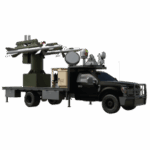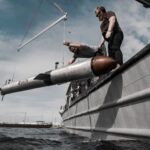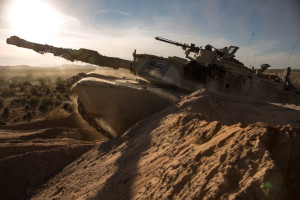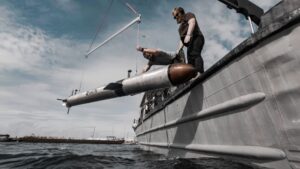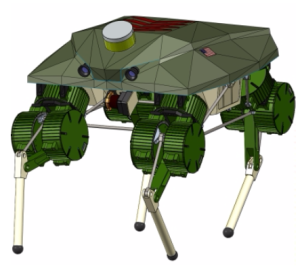
The Army is closing out a research initiative studying the use of “robot teammates” for soldiers with a capstone experiment in October to test a legged robot capable of performing autonomous navigation. The Robotics Collaborative Technology Alliance (RCTA) final demonstration will look to prove out prototype robots’ ability to detect objects and differentiate terrain types in new environments with no prior knowledge of its surroundings. RCTA has previously developed the Legged Locomotion and Movement Adaptation (LLAMA) robotic research platform, which…

 By
By 